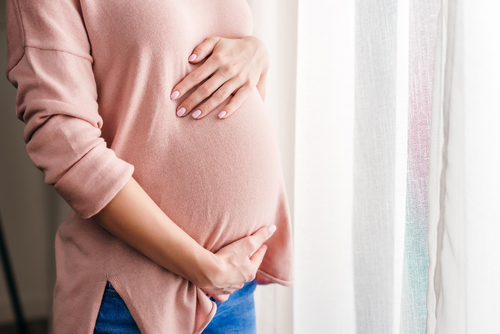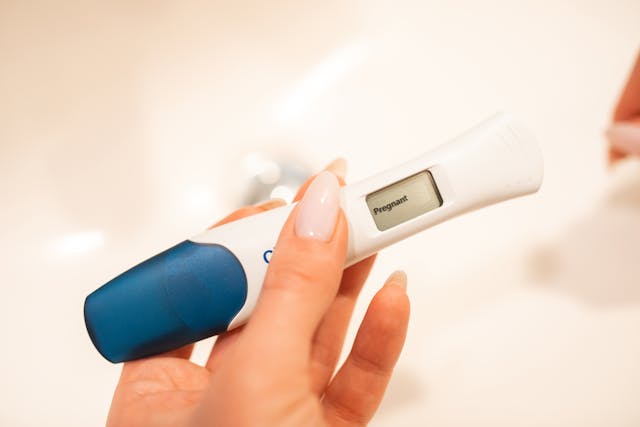Most couples are shocked to find out that they are expecting twins. Even if there is a history of twins in your family, it can still be quite the surprise. It’s normal to feel excited, nervous, scared, or all three. Once the shock wares off, you’ll be full of questions about what to expect.
How will I know I’m pregnant with twins?
Today, most twin pregnancies are diagnosed by ultrasound. Your doctor or midwife may suspect a twin pregnancy if they hear more than one heartbeat, find higher levels of hormones, or you are measuring “big”.
Fraternal Twins
The most common kind of twins are fraternal twins. This happens when you release 2 eggs during ovulation and each egg is fertilized seperately.
Fraternal twins can run in families on the female side. If a female blood relative of yours has fraternal twins, you have a greater chance of also having twins.
Fertility treatments can also increase your chance of getting pregnant with fraternal twins.
Identical Twins
When one egg is fertilized and splits in half, we call these kind of twins identical. Identical twins are less common that fraternal twins. It is not known what causes identical twins. Identical twins appear to happen at random.
How is twin pregnancy different?
Women who have been pregnant with both singletons and twins often report that their early pregnancy symptoms were more pronounced during twin pregnancy. It’s normal to feel extremely tired and experience more morning sickness than average.
You can certainly expect to be more tired and uncomfortable nearing the end of your twin pregnancy.
You will need to eat approximately 2,700 calories a day to maintain a healthy twin pregnancy. Your care provider may also suggest extra vitamin and mineral supplements, especially folic acid.
With twins, there is a higher risk of gestational diabetes, preeclampsia, high blood pressure, premature rupture of membranes, and preterm labor. There is also a chance that the babies could grow unevenly.
Thought the chance of preterm labor is increased, it is not true that all twins are born early. The average twin pregnancy lasts about 36 weeks, but many go safely to term, anywhere from 38 to 42 weeks.
Most twins can be born normally, though there is a higher rate of csections among twin pregnancies. Whether or not your twins can be born naturally will depend on the position of the babies, your health, and their health.





Hey Vanessa,
Could you do an article on the difference between folate and folic acid?